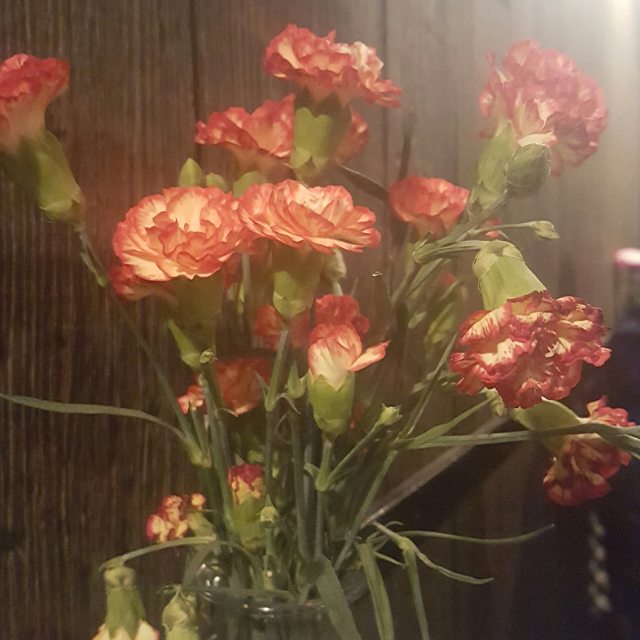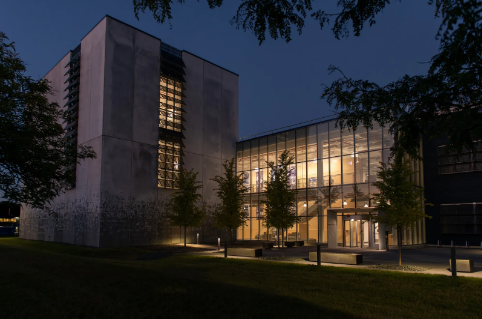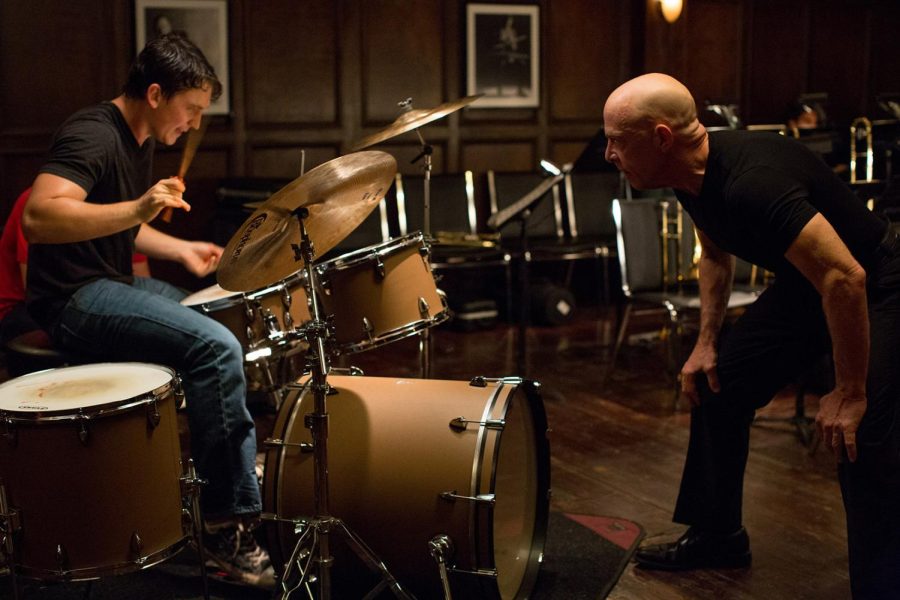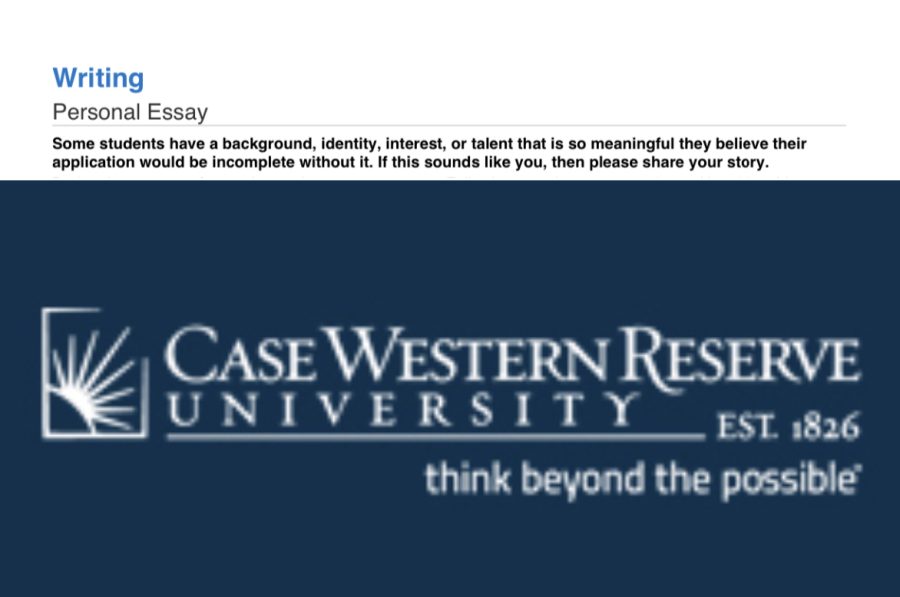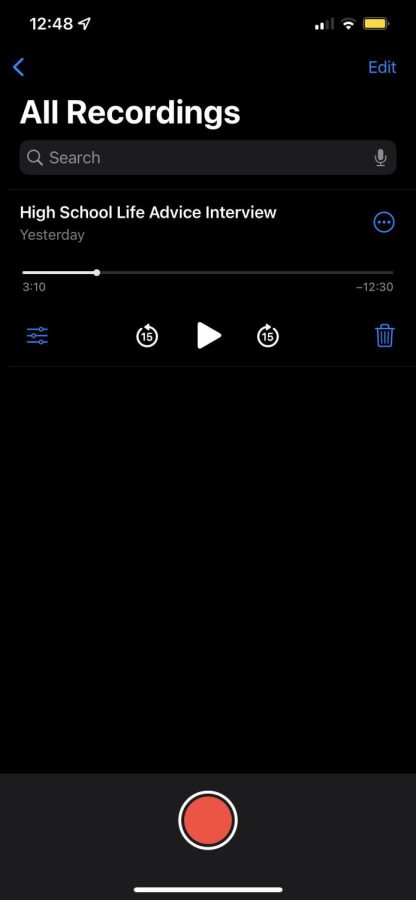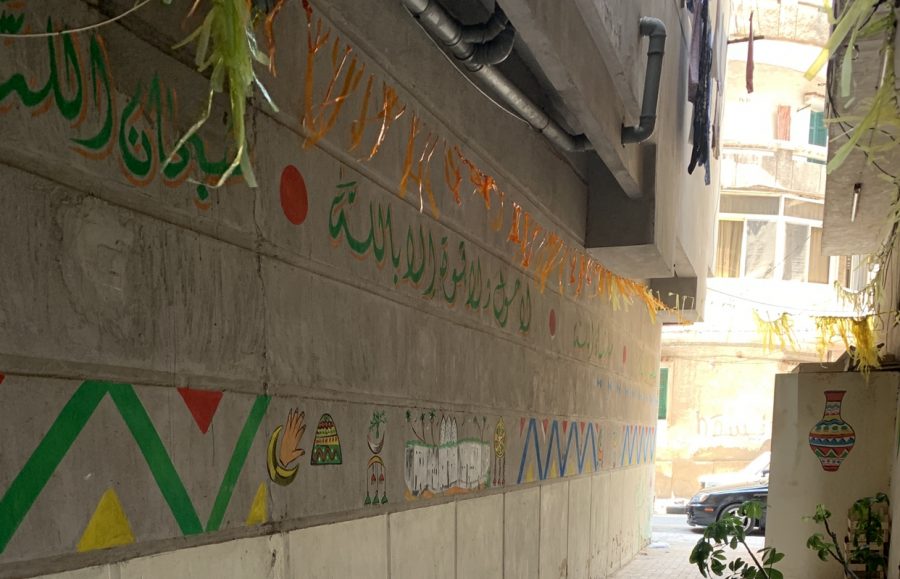–
She remembers the familiarity of the therapist’s office, from when her parents first divorced and she started acting out and instead of properly addressing the issue, they sent her to the rosy faced middle-aged women who sat in a very worn out leather chair. The entire place smells oddly of play-doh, and the chairs are hard to sit on, as if whoever created them realized they would only need to be comfortable for about an hour. This was a very uncomfortable place of comfort.
She knew that the circumstances now were different. Instead of feeling abandoned by her parents, the girl, seventeen with white scars racing angrily across her wrists, was afraid of isolation. More specifically: of not belonging. Sure, she had friends, but they were as slippery as eels and she never felt close enough to them. Her girlfriend, beautiful and as intelligent as the girl with the scars on her wrists, broke up with her after a year. And her father, who she was now living with, was just diagnosed with terminal cancer. So it would be safe to say her life was falling apart.
“So, why have you come in here today, Sophie?”
Ugh. Sophie. French. She always hated her name. Her mother used to purr it out when she was a child and there were better things to purr about. Sophie, you’re beautiful; Sophie, you’re loved; Sophie, don’t cry when you skin your knee. It really was an awful name.
“I’ve been living a lie.”
Alright, good start. Take a breath.
“I’m gay. I had this friend, a girl, Macy, since the second grade. We’ve been so close, did everything together for years. Then like five years ago, when we were twelve, she started developing crushes on boys. I never did. Not one single crush on a boy for seventeen years- I thought I was broken, or something was wrong with me. And then I realized I liked Macy more than just a friend. I told her last year; she had just broken up with her boyfriend and I wondered if I was the reason why. I came out to her, which was hard, but it was much harder to tell her that I had fallen in love with her too. But she was accepting, and we started dating and it was the happiest time of my life. But she never, really, loved me back. Not the way I loved her, anyways. And I got scared that she never would love me the same way back, and we began to drift away.”
Sophie can hear the therapist’s pencil scratch hurriedly across the paper as she narrates. As if to say, ‘Yes, yes, this is interesting. This is going on your record. This is another symptom, another illness, another thing to work on.’ Yet, the girl with the scars continues, ignoring the noise.
“I haven’t come out to my parents. Imagine how they would feel about me, being a lesbian, with the stereotypes and the government, being as it is-? And they’re Republicans, blue-collar Republican Catholics. And I’m seventeen years old. I’ve got nowhere to go, and I barely got my license.”
“What about Macy’s family?” the therapist’s lips barely moved.
“No, I couldn’t-”
The pencil scratched the paper and then silence consumed the room.
Then, nonchalantly as she possibly could, the therapist started: “I’d like to talk about those scars-” the girl suddenly tensed up, shoving her long sleeves down. She had tried so terribly to hide them, especially in the summer. They became a huge part of her identity, even though they were only about four inches across and a half an inch wide. And they consumed her. The girl felt very guilty of their presence. Once a person knew about them, that’s all they could see when they viewed Sophie. Never truly beautiful again. A broken rose.
“There’s no judgement here, dear. You’ll be just fine. Can I see them?”
The girl looked at the therapist with distant eyes, the ones that animals have as they enter the slaughterhouse and reality sets in. The ones that plead and pray but know and submit to their ultimate demise. Yet slowly, Sophie rolled her sleeves back up, and turned her forearms toward the other women. Six uneven lines, written in white, stained her wrists. While these were not accidental, they were equally not successful.
“Was there reasoning behind this?”
Was there reasoning why Macy left Sophie, or why Sophie felt her world was crumbling, or why she felt the need to self harm? Was there any-? Even that question felt extremely judgmental, as if her therapist demanded some sort of right answer. In reality, in actuality, in the grand sphere of things, there wasn’t just a simple answer to why they were. Only what they are. Feebly, the girl with the scars answered: “No.”
The clock rung on the desk. The session was up. The chairs had become uncomfortable again. Sophie’s sleeves were pushed down. Nothing had been solved. Nothing had been answered. She felt as hopeless leaving as she did entering into her therapist’s office. She would still hide the racing scars, white with regret and resentment. She would still dread visiting her father, receiving chemotherapy in a white hospital, dying. She would still hide a part of her identity that was so full of color and passion, and constrain instead to her parent’s wishes. She was scared of never being herself, truly, honestly. But she vowed then to herself that she would never feel empty again, never be isolated again, never be lonely again, never have a chance to add another scar to the collection. She could never be a broken rose again. And that vow would never be broken.

